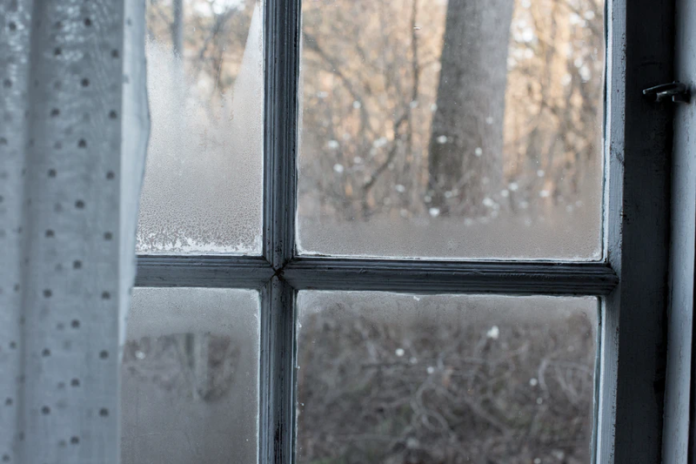Your home will feel different when the temperatures rise. In some cases, you will begin to catch the scent of musty air, and your windows at home start to become foggy. You know that your home needs attention when your walls start having damp spots or mold in your bathroom. If this happens, excessive humidity should be the problem. Extreme humidity level feels very uncomfortable and hot. Aside from that, it can also lead to severe issues such as mildew, mold, and rust.
Therefore, you will need to find a mold removal service that could effectively eliminate mold inside your home. It will also help you avoid the possible health risks associated with mold.
Causes of excessive humidity inside a home
The reason behind the excess humidity inside your home is moisture that can’t get out. Your air conditioning system is among the leading ways to maintain an ideal humidity level inside a house. Aside from your AC, below are some of the most common reasons why humidity persists in your abode:
- Cracks and leaks are some of the convenient passages for humidity into your home. To determine what causes these issues, check for cracked roof tiles, leaky pipes, or a loose-fitting or zinc joint.
- Everyday activities. It is quite surprising to know that many of the activities you do every day might be introducing excess moisture inside your abode. These activities include washing the dishes, cooking, taking a shower, and using the washing machine.
- Rising damp. This case is rare, yet it imposes a more severe threat of excess humidity in your home. Rising dampness happens when there is rising moisture from the ground through the pores of masonry and bricks. So, watch out for indicators like rotting window frames, mold, wet or damp wall patches, or flaky plaster. Call professionals when these signs appear.
Why should you prevent high humidity in your home?
When your home’s humidity level becomes more than 60%, you will feel uncomfortable and clammy. So, you have to find a way to control it and maintain an ideal level so dwellers won’t suffer from the following health consequences:
- Dehydration. When humidity rises, the body struggles to cool down. High humidity prevents sweat from evaporating, which is why you sweat more to make up for it. Losing an excessive amount of sweat can lead to the loss of water and essential minerals required by the body.
- Allergies. Moisture is the breeding ground of bacteria. Bacterial colonies might appear in a damp home, particularly on moist floors and walls. Also, dust mites and molds live in humid, warm environments. All of these can trigger allergies, asthma, and other health detriments.
- Sleep problems. Many find it hard to sleep while enduring a humid night. High humidity is associated with sleep problems, difficulty breathing due to congestion, and snoring.
Conclusion
To summarize, you should control humidity levels inside your abode to keep you and your family safe. A highly humid workplace also decreases productivity, and it imposes health risks, so make sure to address the root cause at the start.

